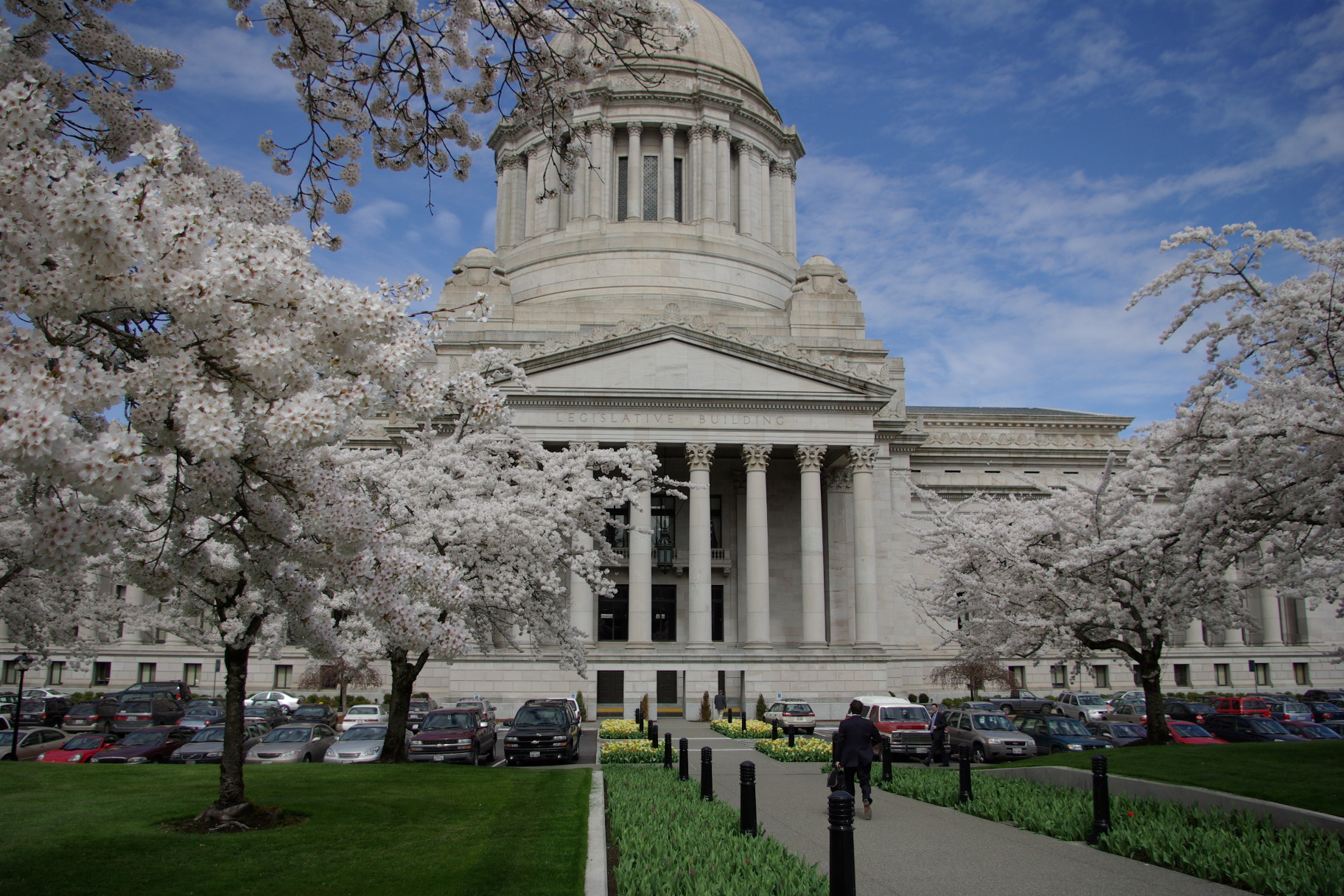
Ending the War on Drugs means ending our over-reliance on the criminal justice system to address what is primarily a public health problem. It means replacing arrest, prosecution, and incarceration with prevention, education, and treatment as our primary strategies for reducing substance abuse and improving the health and safety of our communities. And it means ending the many civil liberties abuses that have flowed from our declaration of war on drugs -- which in reality is a war people - disproportionately people of color, young people, and poor people.
The good news: There is reason for hope that the War on Drugs is coming to an end. And Washington is a leader in making it happen.
Exhibit A: Seattle-based Stranger reporter Brendan Kiley hears about people getting sick from tainted cocaine and doesn't just write an in-depth piece of investigational journalism. He goes a step further - several steps, actually - and collaborates with local harm reduction advocates, a UW psychiatry professor doing research at Harborview Medical Center, a UW alcohol and drug abuse epidemiologist, a drug policy lawyer, the Seattle Police Department, the Seattle City Attorney, and the King County Prosecutor to develop an experiment for letting local cocaine users test their product. The users will also be able to share their results anonymously, allowing follow-up research, reporting, and public education. This is a perfect example of Washington leaders recognizing the limits of the criminal sanction in addressing harms associated with drug use and abuse and being willing to try a different strategy.
Exhibit B: Earlier this year, Washington legislators passed a law offering immunity from drug possession charges to people who call for help when they think someone they're with might be suffering an overdose. Here, policy-makers recognized not only the limits of the criminal sanction but how the criminal sanction can actually exacerbate substance abuse problems by making people afraid to reach out for help.
Stay tuned. We're looking forward to presenting more evidence that the end of the War on Drugs is in sight. We fully expect Washington to continue leading in the quest for more effective, fairer, and more rational approaches to drug policy.




